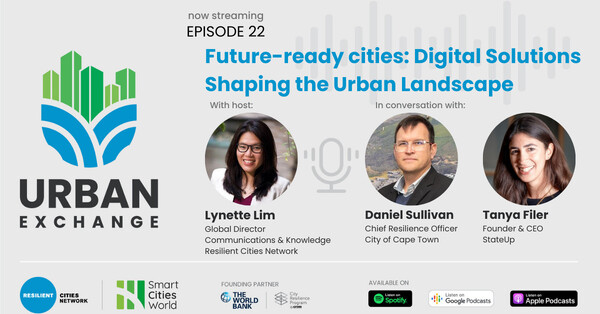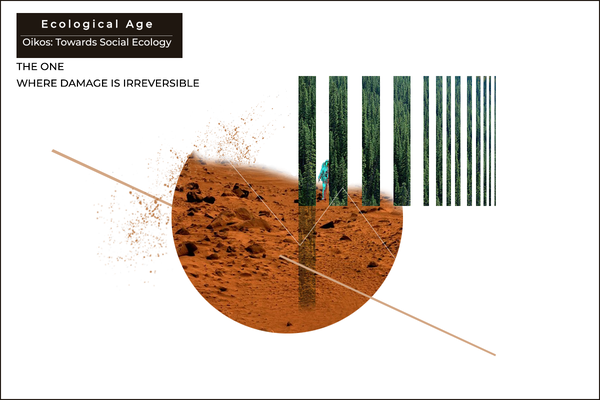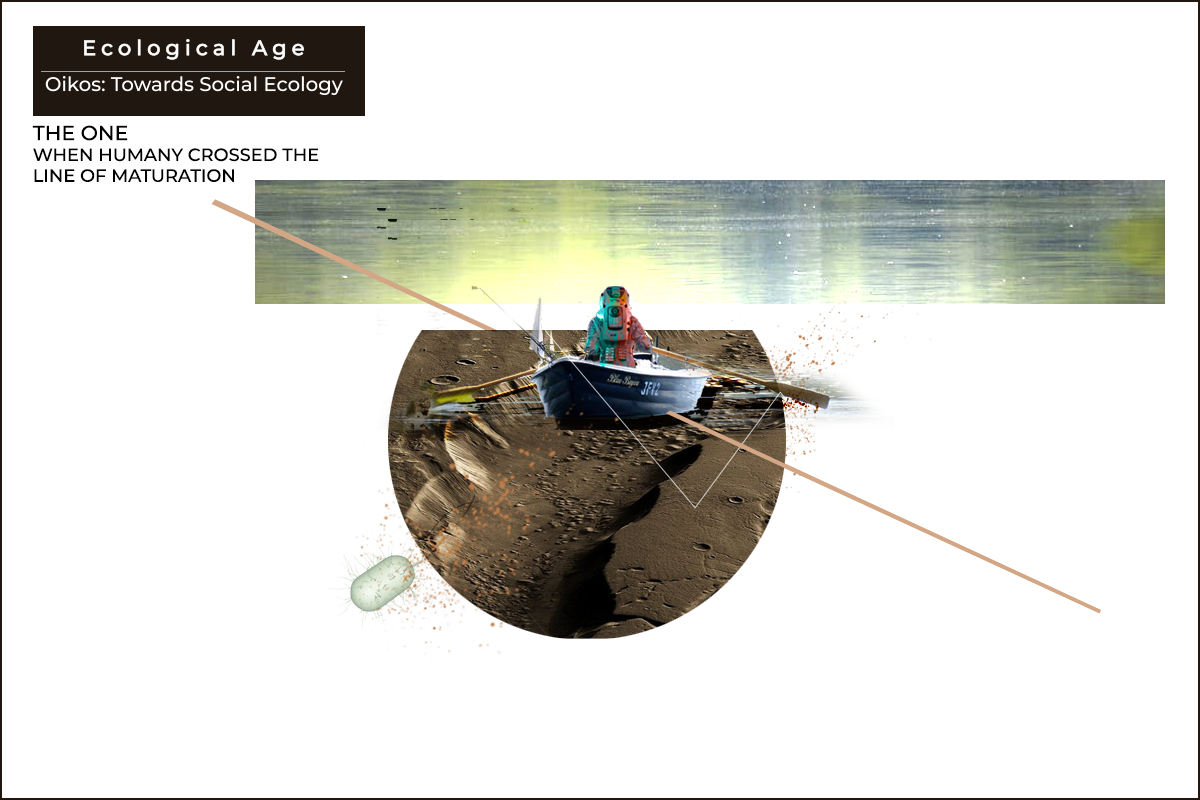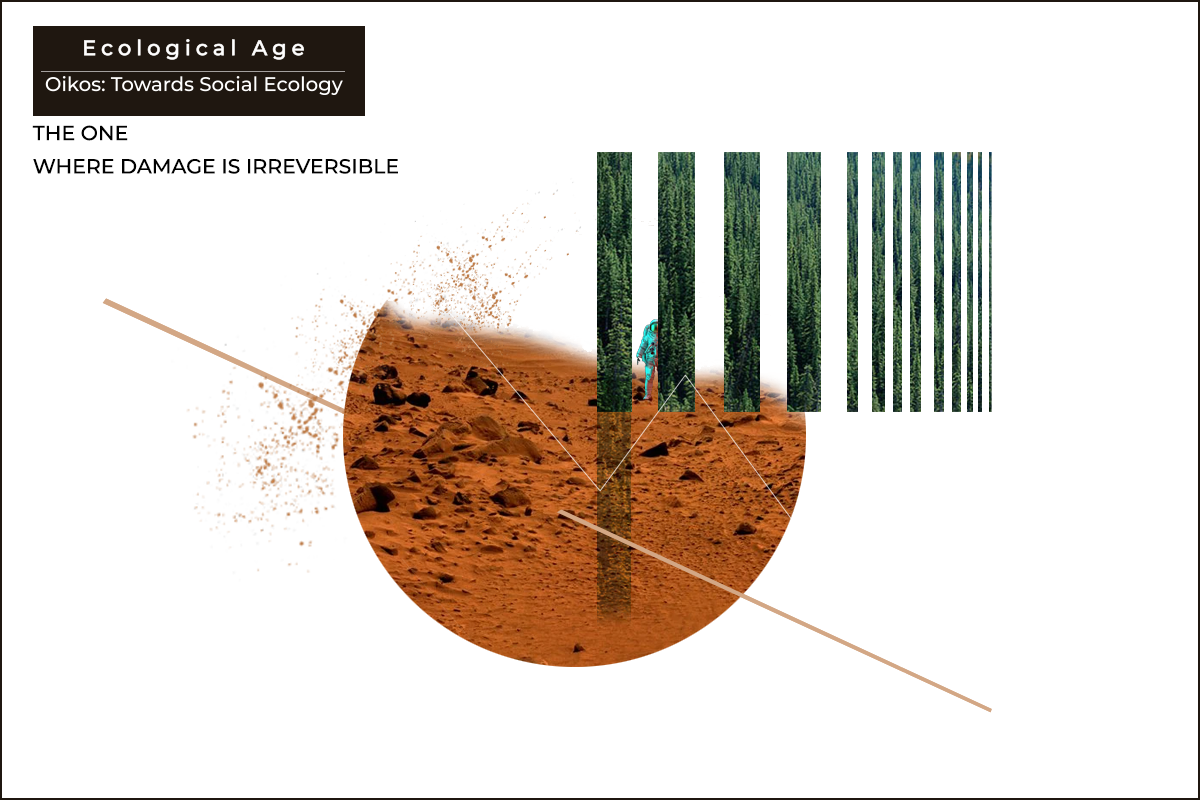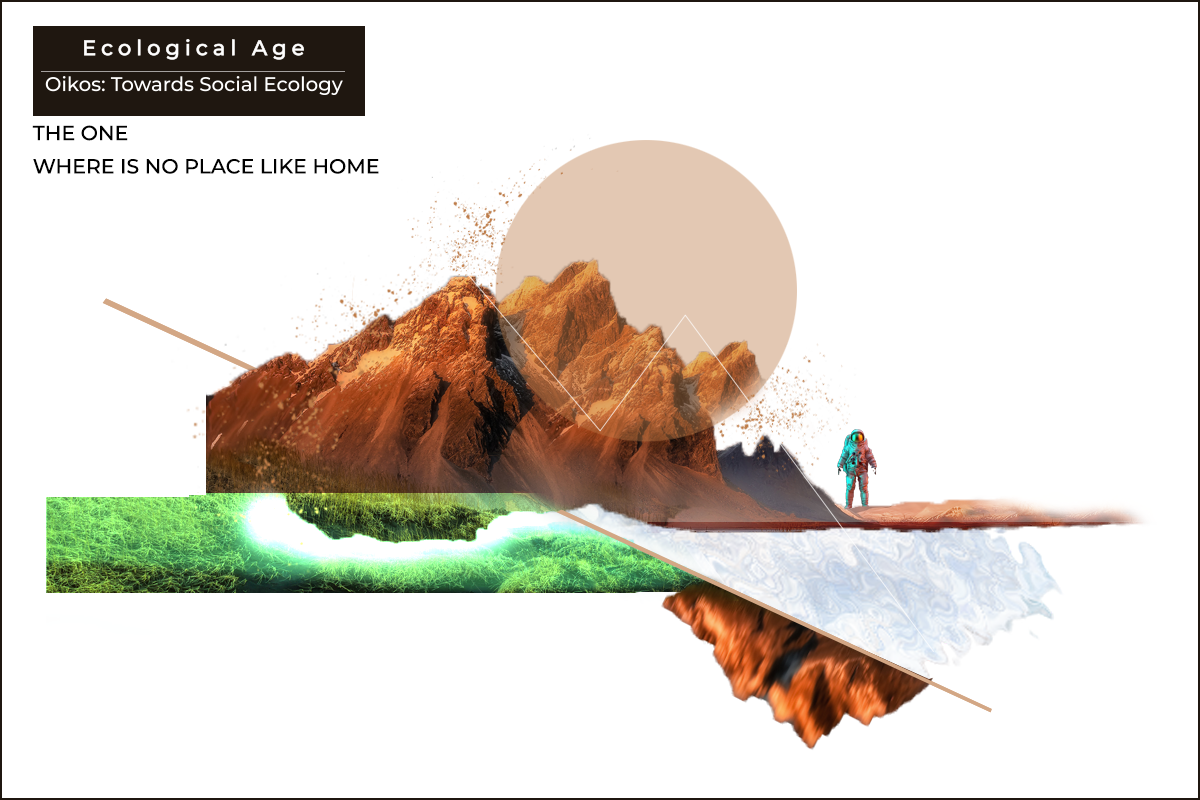Special Reports
SusHi Tech Tokyo 2024: experience ‘Tokyo 2050’ todaySponsored by The SusHi Tech Tokyo 2024 Showcase Program Executive Committee
Oikos - The one where damage is irreversible
The ecological damage done by our society is a direct explanation of the harm done to humanity. More than ever, we are aware of the massive human destruction of nature. Witnessing the hottest three years on record, 2020-21 is the ‘wakeup’ call to consider humans as part of nature
"The domination of nature by man stems from the very real domination of human by human’The Ecology of Freedom, Murray Bookchin
Today, after the trigger of the deepest economic recession by a global pandemic, cities, mayors and council authorities are aiming to get back on track for rapid global economic growth and recovery. Growth in activity means an increase in the global demand for food, materials, energy, and tourism which can subsequently lead to a rise in pressures on the environment. There is a massive dilemma between pledging for a Climate change emergency plan and the reboot of the economy amid the two existential crises humanity faced - climate change and COVID-19.
The ecological damage done by our society is a direct explanation of the harm done to humanity. More than ever, we are aware of the massive human destruction of nature. Witnessing the hottest three years on record, 2020-21 is the ‘wakeup’ call to consider humans as part of nature. I questioned why for so long, have we as humans deemed ourselves superior to nature? In this blog series titled ‘Towards Social Ecology’, we discuss the conflict in power between human and nature and we investigate the rise of ecological problems driven by a set of social issues. This series also unpacks the solutions or the change in behaviour on an individual level to tackle climate change and environmental degradation.
To start with defining ‘Social Ecology’, it is about studying the relationship between people and the environment and the interdependence between social issues and its implication on ecological developments. Ecology can provide us with ethical principles like diversity and interaction which reduces hierarchy and dominance. Drawing from nature’s ethics is key in stepping the first step towards climate action to transform our future world. Once again, people are encouraged to interact with nature rather than using its power to destroy it.
Moving from a hierarchical world towards a change in social habits and behaviours initiate our first steps towards setting a climate change action. The best Mayor of 2021, Mayor Aboutaleb recently highlighted in Episode 2 of the Urban Exchange Podcast the importance of change throughout civilisation. He said, ‘We left the stone age, not for a lack of stones, but because civilization demanded a transition to the steam age, which we left for the electricity age, and we are now entering a new age.’ Civilisation depicts the transition, and it is usually a product of a change of social and collective thinking. Entering a new age now was triggered by the pandemic that heightened environmental awareness and the urgency to deal with the climate change crisis. Fearing the ‘unpredictable’ emerged with a context where the environment is already threatened by human activity and that in turn endangers humans.
Yet economic growth is central in improving the quality of life for citizens globally and it will remain the core element to lift people from poverty. With this in mind, how do we strike a balance between working towards a sustainable future far from the destruction of nature while developing equitable and inclusive environments?
Designing and planning an ecological harmony and a balanced environment is far from attainable instantly, it requires a sense of collectively to gather and change our social behaviour and to work jointly on one end goal- to make cities greener, more equitable and more sustainable for our future generations.
More Posts from this Blog
Ecological Age: Towards Social Ecology
Earth is calling us, and my duty is to voice out the concerns and the importance of social ecology in changing our behaviours towards our common Oikos. I draw from scientifical facts and build each blog article to tackle a certain economic, social or political issue to highlight the conflicting power in our ecological system. As part of this generation who saw the effect of climate change, I am interested in investigating the change of our social behaviour in order to live collectively on our so-called planet Earth.







